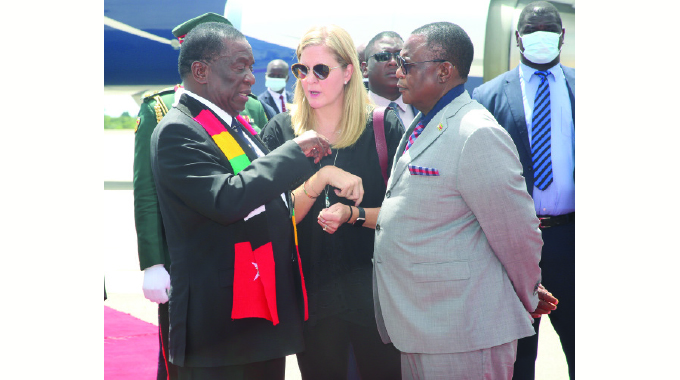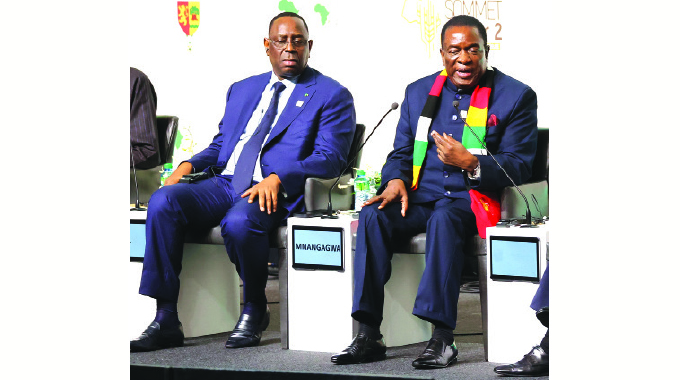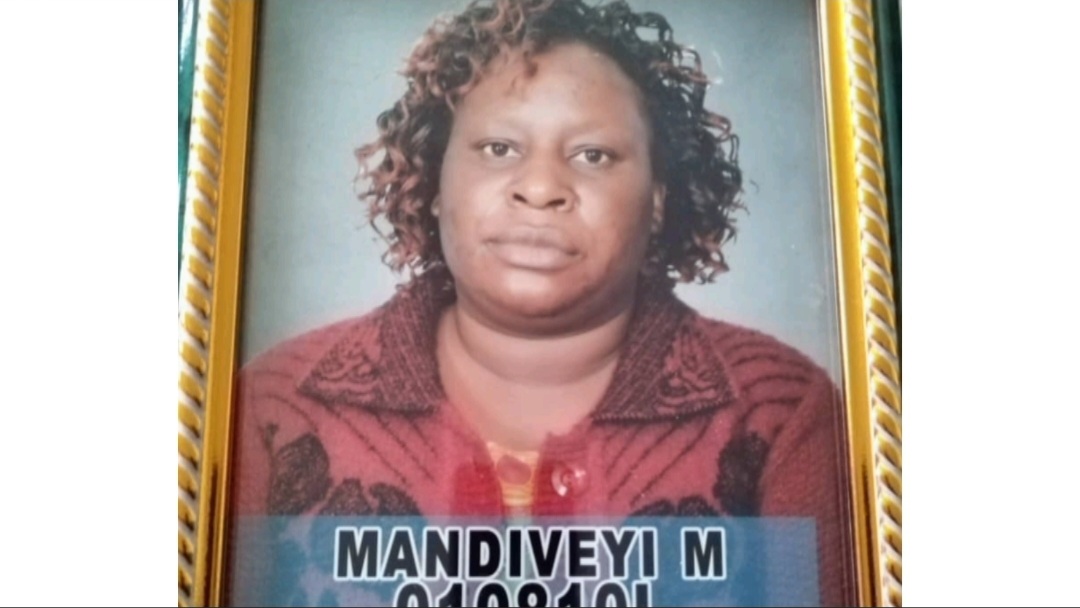African states keen to tap into Zim agric model

Vusumuzi Dube recently in DAKAR, Senegal
Following successful engagements at the Dakar 2 Feed Africa Summit, various African countries have expressed their interest in learning from practical steps taken by Zimbabwe to revolutionise its agricultural sector.
President Mnangagwa led the country’s delegation at the key three-day indaba where he articulated Zimbabwe’s success story which has culminated in the attainment of food security.
Officials from Agritex will be travelling to various countries on the continent to give guidance on the replication of strategies such as the Pfumvudza/Intwasa, to help turnaround the sector in those nations.
Giving an overview of the summit, Lands, Agriculture, Fisheries, Water and Rural Development Minister Dr Anxious Masuka said the summit had given the President an opportunity to tell the Zimbabwean story, showing the steps the nation had taken in ensuring that it becomes food secure.
He took a swipe at social media critics who were quick at disputing the notion that the country had since turned the corner to become food self-sufficient, saying people should appreciate the difference between household food sufficiency and the ability of the nation and the Government to be able to provide for those food deficit households.
“It is the Zimbabwe Vulnerability Assessment committee which projected that 3,8 million Zimbabweans will require assistance from January to March, but for self-sufficiency at household level is what we are talking about, at national level we have sufficiency where we have 450 000 metric tonnes of cereals in our depots.
“We predicted because from January to March, the 3.8 million Zimbabweans would require 31 000 metric tonnes in terms of additional support, that is what we are availing. So Zimbabwe is food self-sufficient, we are food secure, this is the narrative. The narrative is not a household season food self-sufficiency, it is national food self-sufficiency for which we plan,” said Dr Masuka

Giving an overview of the summit, Lands, Agriculture, Fisheries, Water and Rural Development Minister Dr Anxious Masuka said the summit had given the President an opportunity to tell the Zimbabwean story, showing the steps the nation had taken in ensuring that it becomes food secure.
He said for this season the country is looking at planting 19 million hectares of maize to produce 3.2 million metric tonnes against the nation’s annual requirement of 2,2 million metric tonnes, hence this surplus was enough to carry the nation.
Turning to the summit, Minister Masuka said it gave an opportunity for President Mnangagwa to highlight his vision for agriculture in Zimbabwe, where agriculture is at the epicentre for the transformation for the rural community, in particular, for the attainment of Vision 2030.
“The transformative rural development aid paradigm consisting of Pfumvudza Intwasa accelerated irrigation development, the poultry scheme, the goat scheme, the Vision 2030 accelerator model, are all working to ensure that we have food self-sufficiency and we have seen it with wheat production where we produced 375 000 metric tonnes against an annual requirement of 360 000 metric tonnes, now sees us posting a surplus for the first time in history.
“The major takeaway from Dakar is that Africa has woken up to the reality that it must feed itself, that it cannot outsource food sovereignty and Zimbabwe has taken the lead in this regard which is why our President won applause for his forward looking vision for agriculture,” he said.
He noted that now the mindset had to be shifted to also focus on bolstering agro-business where instead of exporting raw crops, nations could be able to value add their produce and get the much needed foreign currency.
“We did say that perhaps in two to three years’ time some commodities will be able to generate sufficient surplus to begin to export but we said we don’t want to go back to just the bread basket status of exporting raw commodities, we want to go into agro-processing so that we industrialise Zimbabwe and create jobs through agriculture.
“Those that had not been following the Zimbabwean story or following it on the negative narrative were shocked to hear about the development happening in Zimbabwe, the evidence was overwhelming,” said the Minister.
He revealed that they had received numerous requests from countries who wanted to visit the country to witness the strides the nation has taken in attaining food sovereignty and ensuring that the nation is food self-sufficient.
“We have had so many requests from Presidents and ministers to visit the country to witness what we have done and we are starting with this winter wheat so that they may see for themselves. We have been invited for Agritex system for Pfumvudza/Intwasa to be replicated in other countries and the President has said we need to support them,” said Dr Masuka.
During his presentation at the summit, President Mnangagwa said the nation was guided by the village philosophy which entailed that a country must be ruled and developed by the people of that country.
He said as Government, they had focused on accelerating irrigation, wheat production, fertilizer production as well as dam construction.
The three-day summit was hosted by Senegalese President, who is also the AU chairperson, Macky Sall, with the African Development Bank Group coming in as co-hosts, with over 1 500 delegates attending.
President Mnangagwa returned home yesterday from the summit where he was accompanied by Dr Masuka, the Minister of Finance, Professor Mthuli Ncube and the Minister of Foreign Affairs Ambassador Frederick Shava and senior Government officials.











Comments